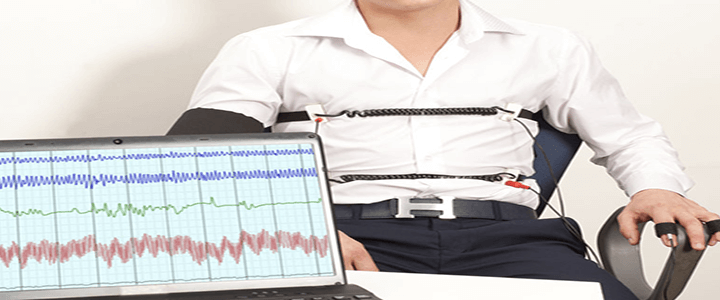

Polygraph
There are three different categories of polygraphs: lifestyle, counterintelligence, and full-scope.
Polygraphs are instruments that measure physiological responses to stress and are used in defense for determining if an individual should be eligible for high access positions. They are only used for programs a candidate will be working on that need supplemental information to the clearance investigation. Polygraph exams are only conducted by agencies with approved programs and are only administered by government certified examiners. A full-scope polygraph combines the questions of both the CI and lifestyle polygraph.
The questions you will be asked vary with the agency you are applying to but mostly consist of ‘Yes’ or ‘No’ questions.
The first couple of questions will be to establish baseline answers. For example, is your name ‘blank’? Yes. Are you an American citizen? Yes. These are to baseline truth.
To baseline inaccurate answers, it will be the opposite. Is your name Secret Squirrel? Yes. This would be a lie.
Answers are supposed to be “yes” or “no,” because long explanations can be used to mask deception.
Once the baseline is established, the examination starts. You will be asked your name, some other basic information, and then questions will alternate between test questions and baseline questions.
There shouldn’t be any trick questions that you didn’t go over beforehand. They are not looking for a “gotcha” moment, just get an accurate read of your honesty.
You will be asked to verify information you provided on your SF-86. The answers you give should be the same answers you will give during the test. If the investigation turned up a possible issue, they will ask questions about that, as well. Keep in mind the primary goal of the polygraph is to uncover previously undisclosed information – and it is typically very good at doing so. Don’t overthink, don’t stress, and you will be fine. And keep in mind an inconclusive polygraph is not a cleared career killer – just a delay.